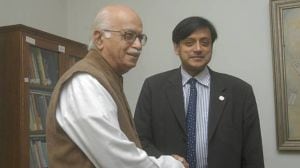Men who will study one nation, one election idea: From Shah, Kovind to Azad, Salve
Harish Salve, Subhash C Kashyap, Sanjay Kothari and N K Singh are also on the panel, which will be headed by Ram Nath Kovind
 The panel is headed by former President Ram Nath Kovind.
The panel is headed by former President Ram Nath Kovind. Amit Shah
As BJP chief, wrote to Law panel in support of idea

As number 2 in the government, Union Home Minister Amit Shah is the most important member of the Cabinet and is said to be one person the Prime Minister Narendra Modi trusts completely. Besides Modi, it is Shah who has been the primary voice in the government, and the BJP, articulating opinions and setting the agenda on the party’s ideological and political projects. Even on the issue of One Nation, One Election, Shah was the key voice after Modi introduced the issue in public discourse.
As BJP chief in 2018, Shah wrote to the Law Commission, examining the matter in support of the idea. He argued that simultaneous elections will save government funds and ensure the country is not perpetually in election mode. He also argued that it would persuade political parties away from populist politics. “We must…trust the voters… Voters vote on different issues in both polls,” he had said.
Shah had made similar arguments in media interviews around the time. The issue was included in BJP’s manifesto under his leadership.
Ram Nath Kovind
As President, told MPs: One nation simultaneous polls the need of the hour
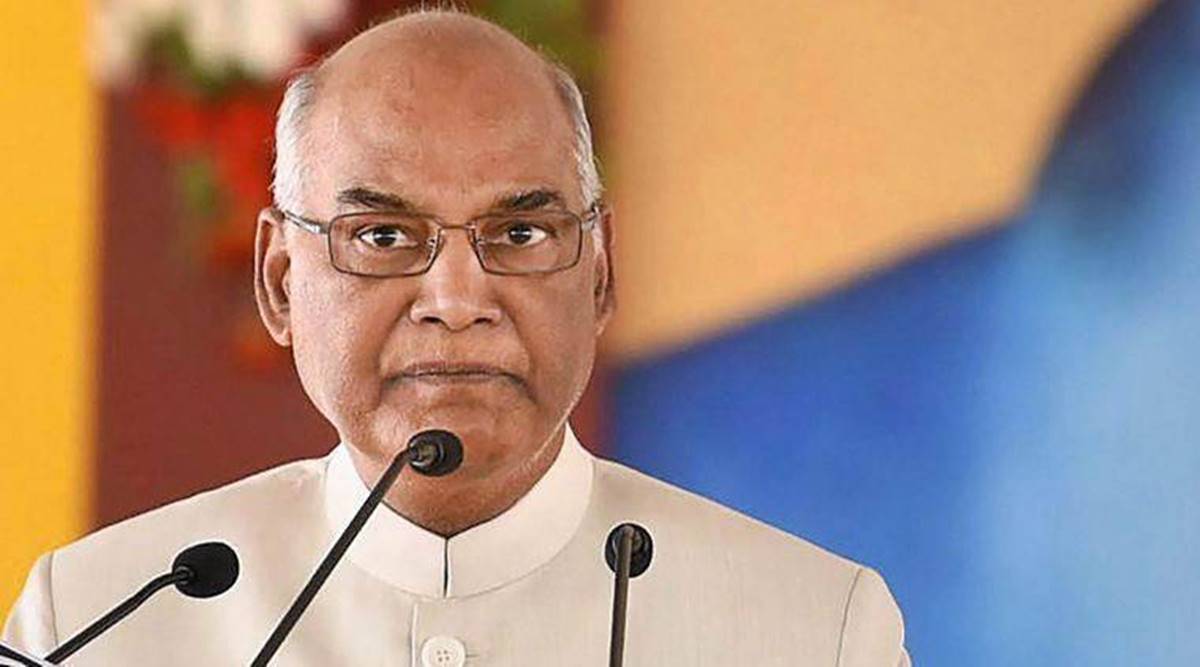
Former President Ram Nath Kovind, named chairman of the high-level committee on simultaneous elections, brings heft to the panel. Kovind, who served as the 14th President of India between 2017 and 2022, has been a lawyer by profession. He served as the Governor of Bihar before becoming the President. In 1994, Kovind was elected to Rajya Sabha and served two consecutive terms of six years each until March 2006.
Kovind has been supportive of the idea of simultaneous polls. In his address to members of both Houses of Parliament on June 20, 2019, Kovind had said, “One Nation, Simultaneous Elections is the need of the hour, which would facilitate accelerated development, thereby benefiting our countrymen.” He had described the proposal of ‘One Nation, Simultaneous Elections’ as “development-oriented”.
Ghulam Nabi Azad
Veteran politician had suggested need for talk on simultaneous polls
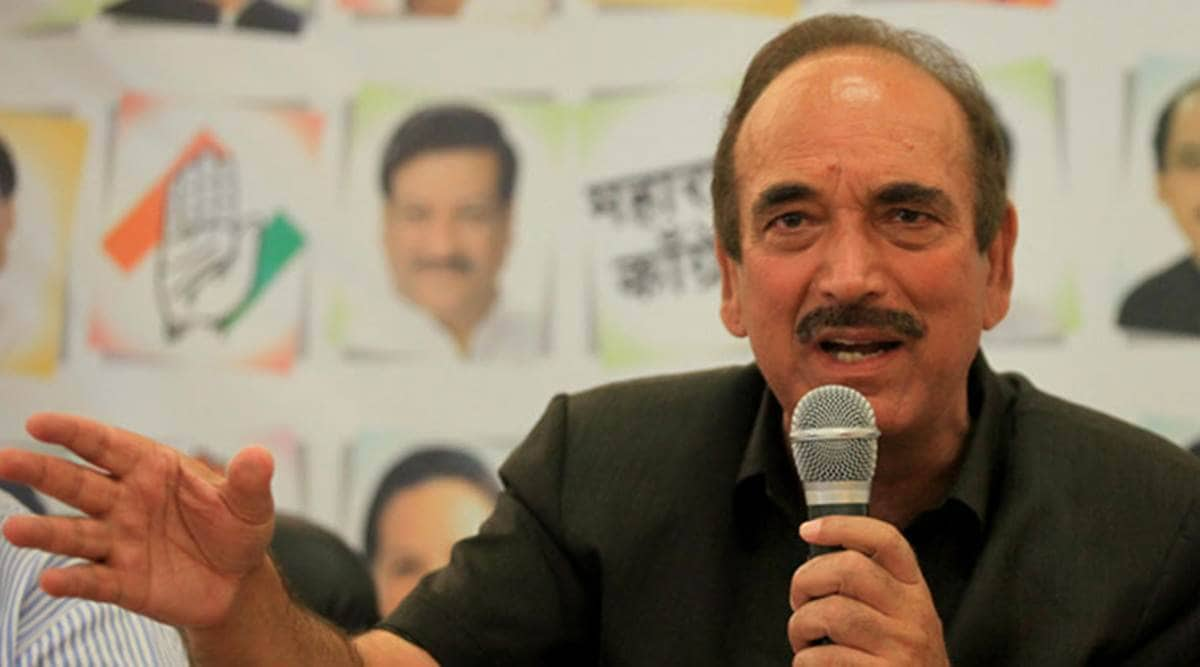
A veteran Parliamentarian and former Leader of the Opposition in Rajya Sabha, Ghulam Nabi Azad’s inclusion in the panel tasked with examining and making recommendation for holding simultaneous elections to Lok Sabha and state Assemblies is interesting given his recent political track record. A former CM of the erstwhile state of Jammu and Kashmir and multiple-term Union minister, Azad is set to bring to the table his vast administrative and political experience. But politically, his critics have accused him of warming up to the BJP ever since his exit from the Congress a year ago.
Azad had at least once signaled that he was not entirely averse to the idea of a one nation, one election. Back in 2016, Azad, then the Leader of Opposition in Rajya Sabha, had suggested that the issue of simultaneous polls needed more discussion, as the full five years [of a government’s term] are consumed in holding one election or the other.
He had advocated that the government or the Election Commission should take an initiative to build political consensus around the idea.
Harish Salve
Fought in Kulbhushan Jadhav case, told SC Article 370 was ‘political compromise’
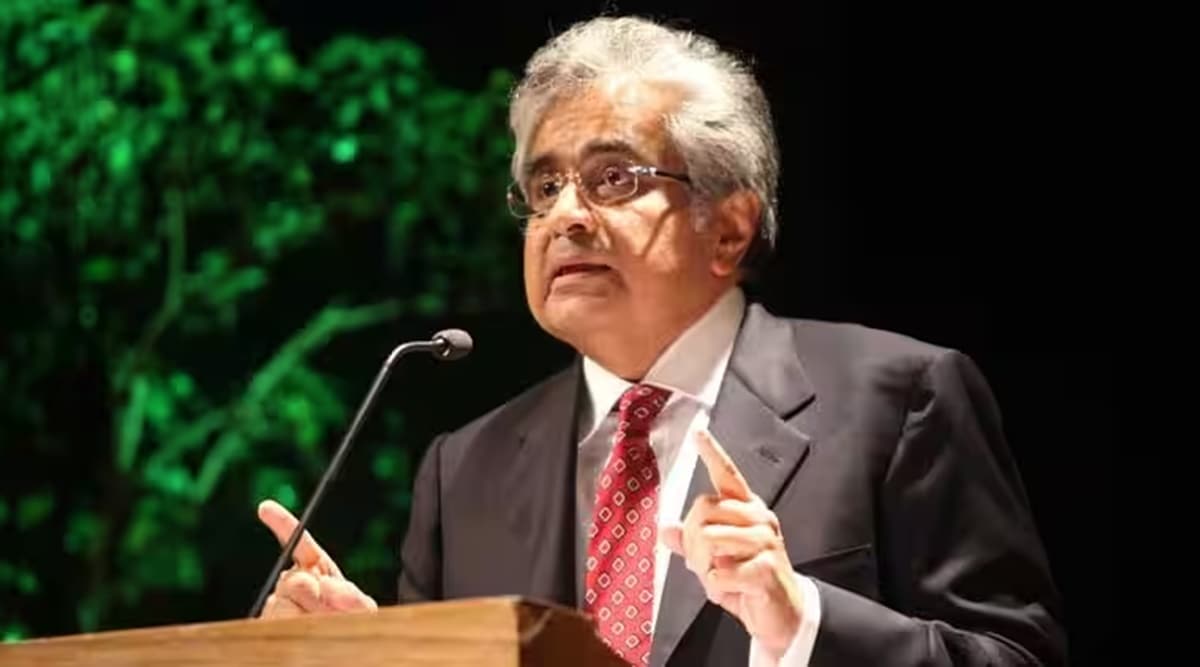
An expert in Constitutional, administrative, commercial and taxation laws, Senior Advocate Harish Salve served as Solicitor General of India from November 1999 to November 2002, when the Atal Bihari Vajpayee government was in power at the Centre.
After he quit as SG, the Vajpayee government deputed him to defend the country’s interests in international arbitration initiated by US power giant Enron following the closure of the power plant in Maharashtra’s Dabhol. But he was replaced by Khawar Qureshi after the UPA government came to power in 2004.
More than a decade later, Salve faced off with Quereshi before the International Court of Justice in the Kulbhushan Jadhav case in 2017 and convinced the ICJ to suspend the death penalty awarded to Jadhav by a Pakistani military court. Salve charged Re 1 in that case as his legal fee.
Salve, the son of the late Congress leader N K P Salve, graduated in law from the Nagpur University in 1980. Enrolling as a lawyer in 1980, he went on to have a successful practice and was designated Senior Advocate in 1992.
Salve was appointed amicus curiae by the Supreme Court in cases related to protection of forests. He was also amicus curiae in the matter that ultimately led to the SC order directing taxis in Delhi and the National Capital Region to shift to compressed natural gas. The senior counsel stood by the fight for the environment once again, successfully defending the Delhi Governmen’s odd-even policy before the Delhi High Court.
The senior counsel was also appointed amicus curiae in cases related to the 2002 Gujarat riots.
Salve reportedly turned down the offer to be Attorney General when Soli Sorabjee wanted to step down during the term of the Vajpayee government and in 2014, when the Narendra Modi government came to power.
He represented Prime Minister Narendra Modi in the case instituted by dismissed BSF personnel Tej Bahadur Yadav challenging an Allahabad High Court order which rejected his election petition against Modi.
Salve’s clients include the who’s who of the country’s corporate sector, from Mukesh Ambani to Ratan Tata. He also defended Vodafone in a tax deal case and former Facebook India head Ajit Mohan after he was summoned by the Delhi Assembly.
In July this year, the senior counsel told a Supreme Court that the Enforcement Directorate had been given drastic powers and needed to be reined in. And last week, he defended the changes made to Article 370 of the Constitution which gave special status to Jammu and Kashmir and termed the provision a “political compromise” arrived at the time of accession and integration of the erstwhile state into India.
In January 2020, he was appointed as a Queen’s Counsel for the courts of England and Wales. He was conferred with the Padma Bhushan in 2015.
Subhash C Kashyap
Called simultaneous polls ‘unexceptionable’ in 2021

Retired Lok Sabha secretary-general Subhash C Kashyap, who on Saturday was named by the government as a member of the high-level committee on simultaneous elections, had spoken in favour of the idea in 2021, calling it “unexceptionable”.
Kashyap, who was awarded the Padma Bhushan in 2015, participated in a webinar on the topic of “one nation, one poll” organised by the BJP on January 10, 2021, as per a statement by then-party spokesperson Nupur Sharma. According to the BJP statement, Kashyap pointed out the Opposition’s criticism of the idea of holding simultaneous elections, but also cited several reports that had recommended them. The BJP statement said Kashyap had contributed extensively to the Law Commission’s Draft Report on simultaneous elections in 2018.
“He further said the fear and opposition is usually political wherein regional parties from several states feel local issues will get diluted with national issues. However, citing various reports published by multiple commissions Dr. Subhash C. Kashyap called the need to have simultaneous elections ‘unexceptionable’,” the BJP statement said.
Kashyap, 94, had joined Parliament in 1953 and retired after serving as Lok Sabha secretary-general from December 31, 1983 to August 20, 1990. In his post-retirement years, he has been associated with the Centre for Policy Research as an honorary research professor and was a member of the National Commission to Review the Working of the Constitution that was formed in 2000. An author of several books on Parliament and Constitution, Kashyap has written about political reforms in research papers and the opinion pages of newspapers.
N K Singh
A journey from IAS to RS, BJP to Finance Commission
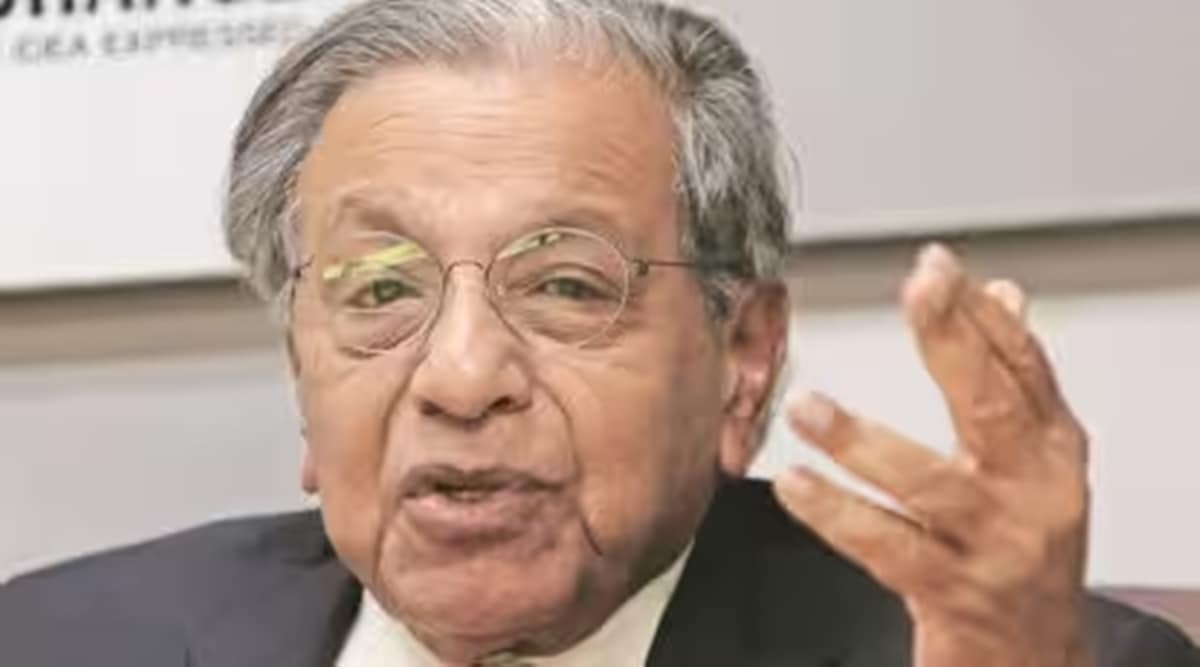
N K Singh is a retired IAS officer who became a Rajya Sabha MP from the JDU, then joined the BJP in 2014 and went on to chair the 15th Finance Commission from 2017-2020.
A 1964-batch Bihar-cadre officer, Singh had served as secretary to Prime Minister Atal Bihari Vajpayee. In his time in the IAS, he had served as Expenditure Secretary and Revenue Secretary. From 2008 to 2014, he was in Rajya Sabha, where he was a member of the Public Accounts Committee, among others.
On March 22, 2014, he joined the BJP, saying he believed the BJP-led NDA government could give India a “new and fair deal”. He was appointed chairman of the 15th Finance Commission in 2017. Most recently, he was co-convenor of an expert group under India’s G20 presidency along with former US Treasury Secretary Lawrence Summers on the issue of strengthening multilateral development banks. He is also the president and life trustee of the Institute of Economic Growth, a research and training institute.
He has spoken and written on strengthening Centre-State cooperation and on the debate around “freebies”.
Sanjay Kothari
The former CVC has worked at various levels of govt

Sanjay Kothari is a former Central Vigilance Commissioner (CVC) who previously worked as secretary to former President Ram Nath Kovind from August 8, 2017 to April 24, 2020.
The retired 1978-batch Haryana-cadre IAS officer served as CVC from April 25, 2020 to June 23, 2021.
During his career in the IAS, Kothari served in various capacities including as the Secretary in the Department of Personnel & Training at the Centre, and in his cadre. Kothari has also served in the Ministry of Tourism at the Centre, and in the Department of Tourism of the Haryana government. In Haryana, Kothari variously served as SDO, CEO and Deputy Commissioner during his posting at district level. In the Haryana government, he served at various levels including as additional director (industries/khadi & village industries) and managing director at Department of Tourism and Agriculture Department.
Kothari has written several articles on tourism, good governance, and long-term perspective planning for towns. He has also written a book — Good Governance Initiatives and Reforms — which was published in 2007. One of his articles on administrative reforms was a piece on the Indian Administrative Service (IAS). The article, titled ‘Has Something Gone Wrong with IAS’, was published in 2001, in The Administrator, a publication of Lal Bahadur Shastri National Academy of Administration, Mussoorie.
Kothari holds a Master’s Degree in Physics with a Gold Medal and has a Masters in Business Administration from the UK.
With inputs from Damini Nath


